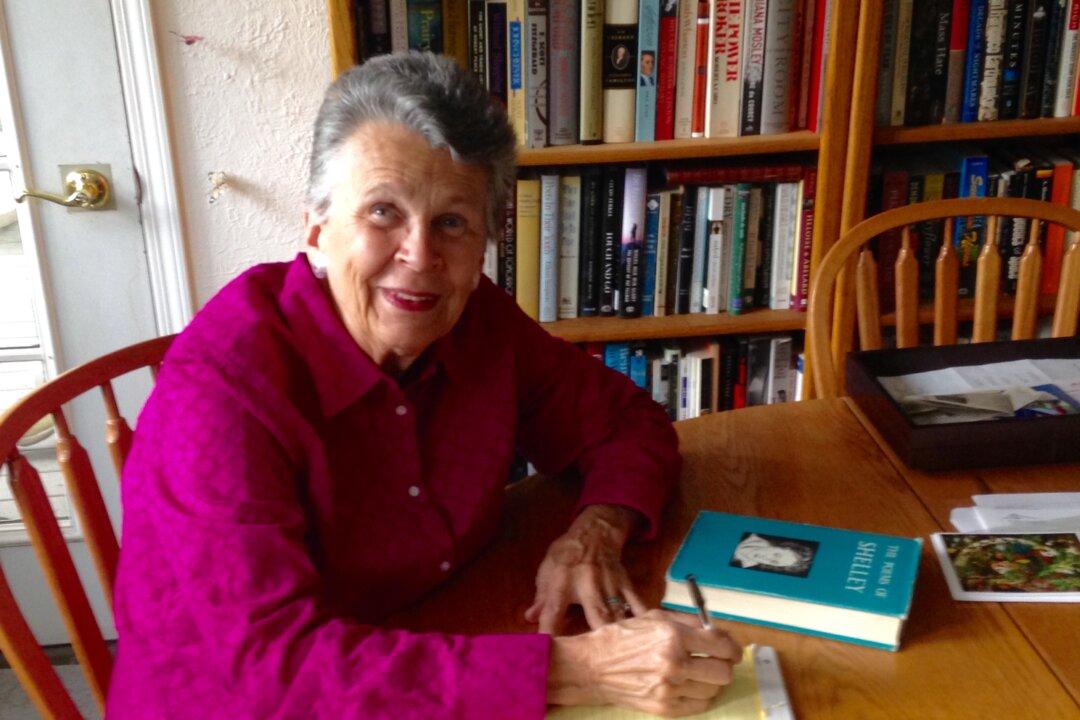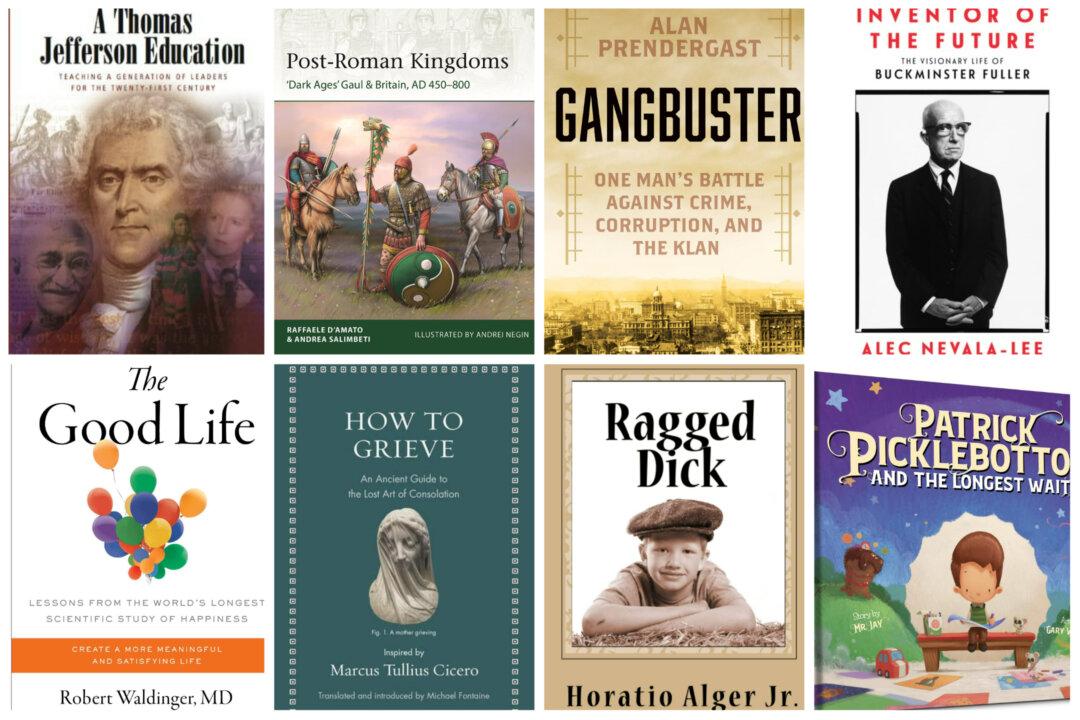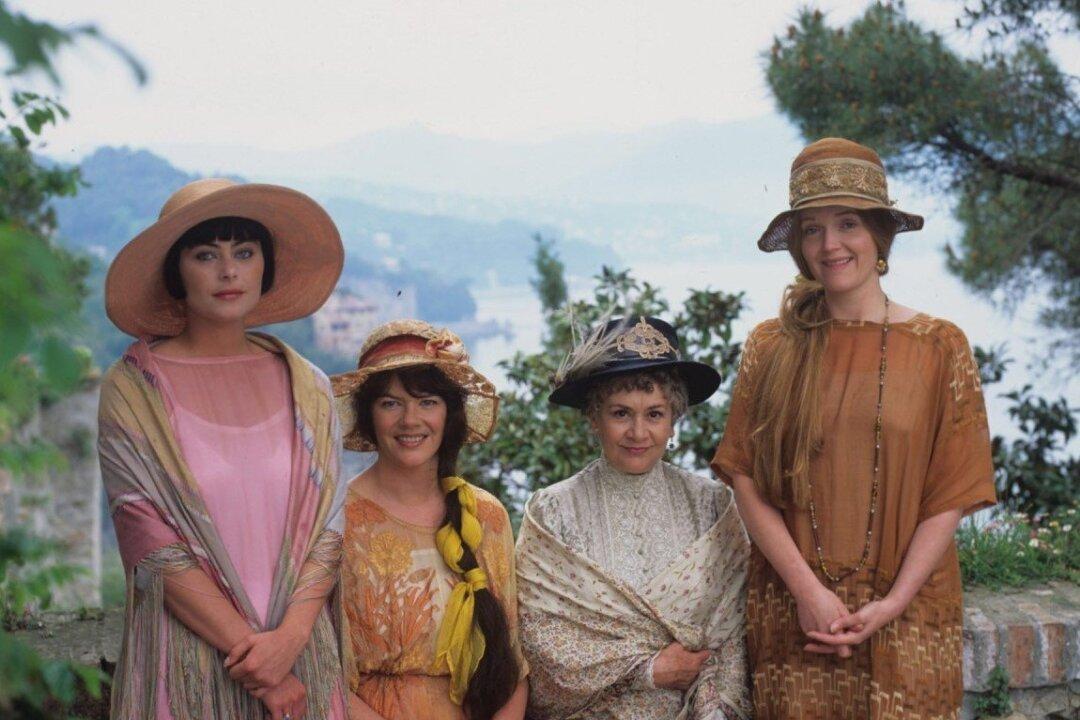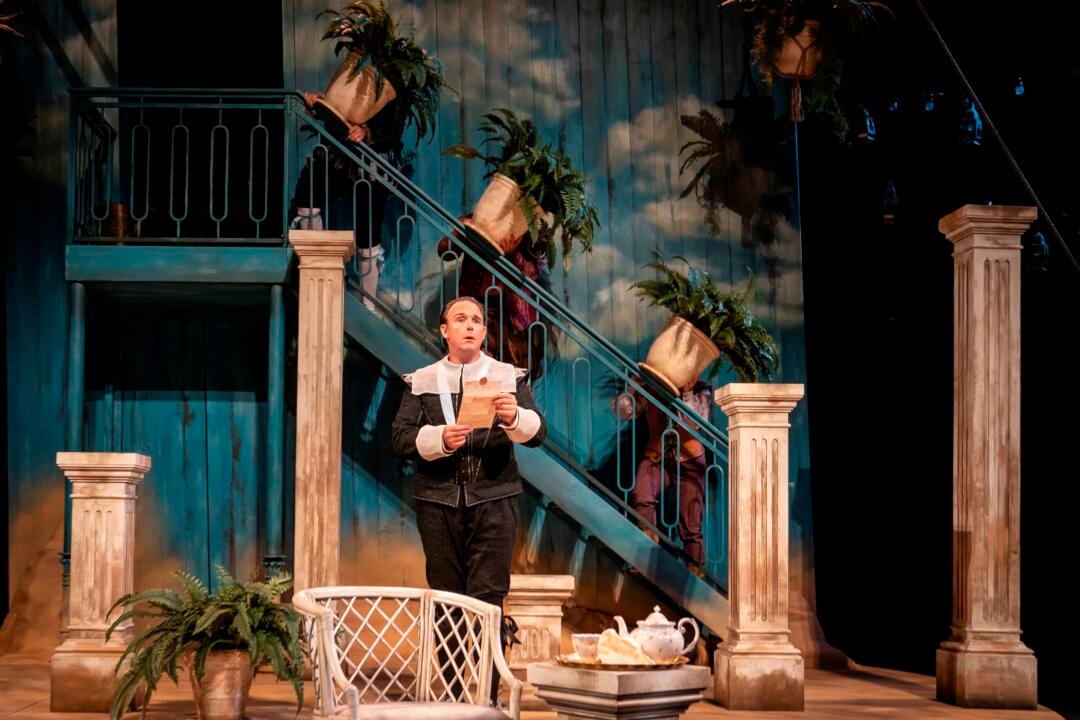A sonnet by Betsy Hughes offers unmistakable relief; you can actually understand what you are reading. Words in glistening, clear images form ideas, which gather together unostentatiously to draw you toward satisfaction. For this poet, who champions accessible language and the classic form of the sonnet, the classics have the power to fortify us.
Classical poetry survives because it still communicates to us, said Hughes in a phone interview on May 4. It does so because its language is clear and its themes universal.
Classical poetry fortifies us through consolation and wisdom.





